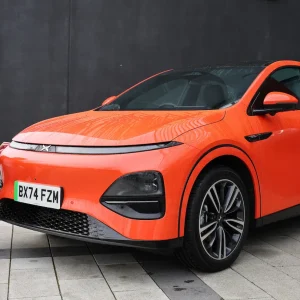The UK workforce is changing and the world of business travel is transforming to meet new expectations. Some have even predicted 2017 will be the year when the ‘traditional’ office workplace gives way as flexible and virtual working take over.
There’s also been extensive research that millennials prefer buying experiences to buying products. People aren’t as car-oriented as they used to be. They assume it works and don’t even open the bonnet to look inside.
So I have another prediction: as the choice and ease of access of alternatives improves, business drivers will have a greater range of options than relying on their personal cars.
In many sectors, the grey fleet has become the de facto method for many employees to travel for work. And yet, it presents huge challenges for cost, sustainability and especially driver safety – not least as fleet managers often aren’t in charge of mileage reimbursement.
Our most recent research, for example, found that more than a quarter (27%) of regular grey fleet drivers currently have a warning light on in their car, while almost a third (30%) confessed they’ve never even opened the bonnet.
These behaviours are fine if the car is new, as modern vehicles are incredibly reliable. But our research also found that almost one in five grey fleet drivers (18%) use a car that’s more than a decade old. Even worse, one in ten (10%) said they’ve had a road accident that was probably or definitely caused by a lack of proper vehicle maintenance.
So just as attitudes are changing, so is the role of fleet managers. They cannot assume drivers possess vehicle competence in the way they’ll instantly know how to operate their tablets and smartphones. They cannot assume drivers have the first idea about checking oil levels and tyre treads.
As a result, in many cases we’re seeing the skills of the ‘fleet manager’ expanding to embrace a broader and more sophisticated role: that of the mobility manager. It’s not so much about vehicle assets as about identifying the best way to move people and goods from A to B, identifying operational efficiencies and providing onward mobility.
A key part of that is working with business partners to provide constantly available, on-demand mobility rather than just cars. It’s increasingly important to have access to products that take away the need for understanding even the most basic vehicle maintenance. Remove the tiniest discretionary aspect and provide vehicles that fit the employee’s particular mobility need and are regularly checked by professionals.
The first step, especially for organisations still reliant on the grey fleet, is to understand that mobility is a larger, more complex issue – but also one that can be successfully managed.
Adrian Bewley is director of business rental at Enterprise Rent-A-Car





